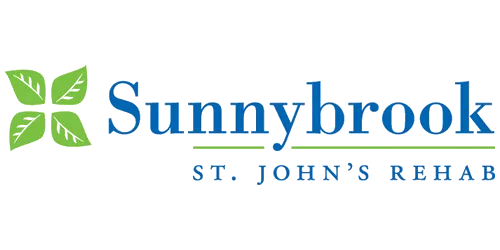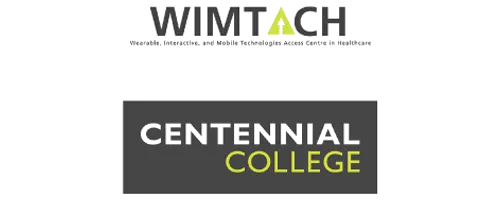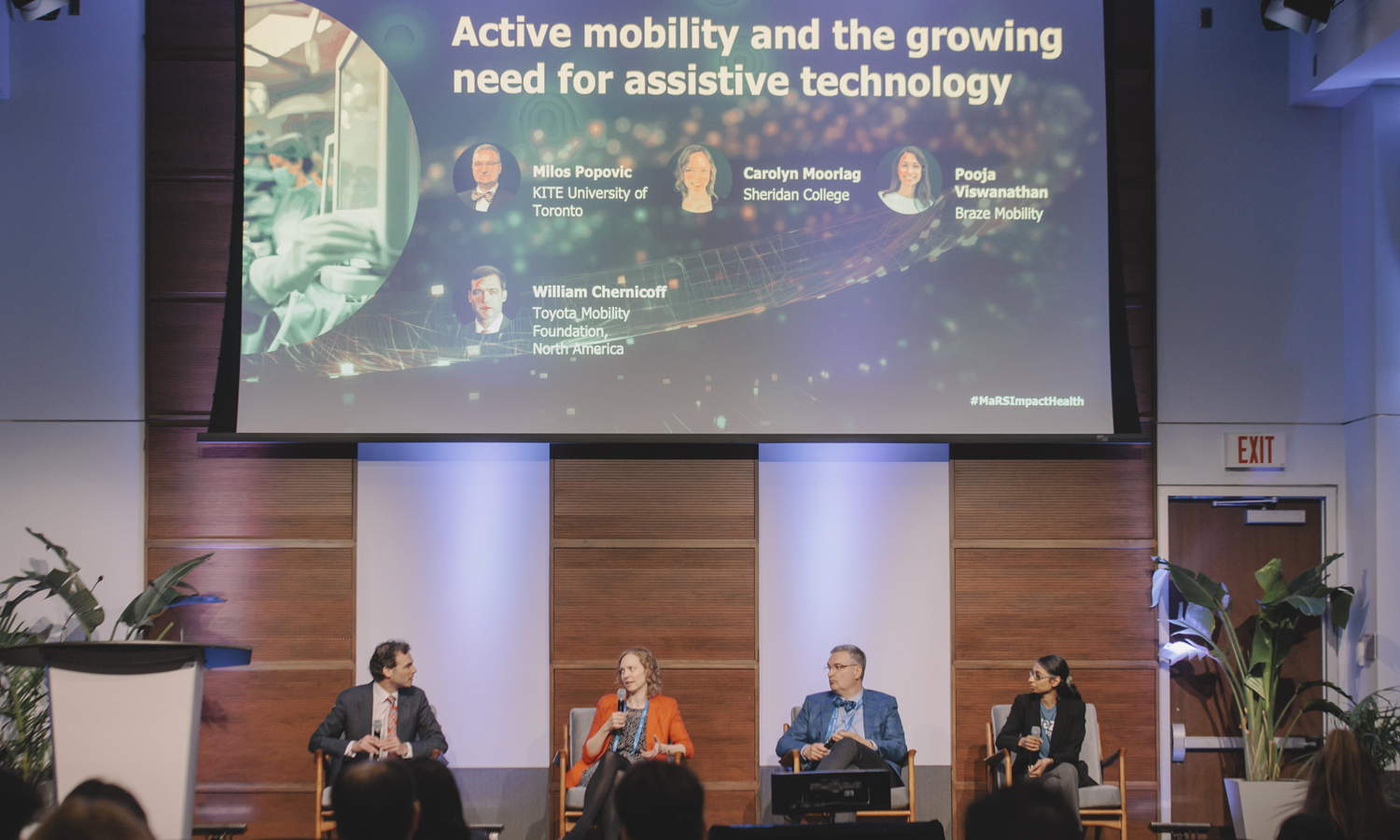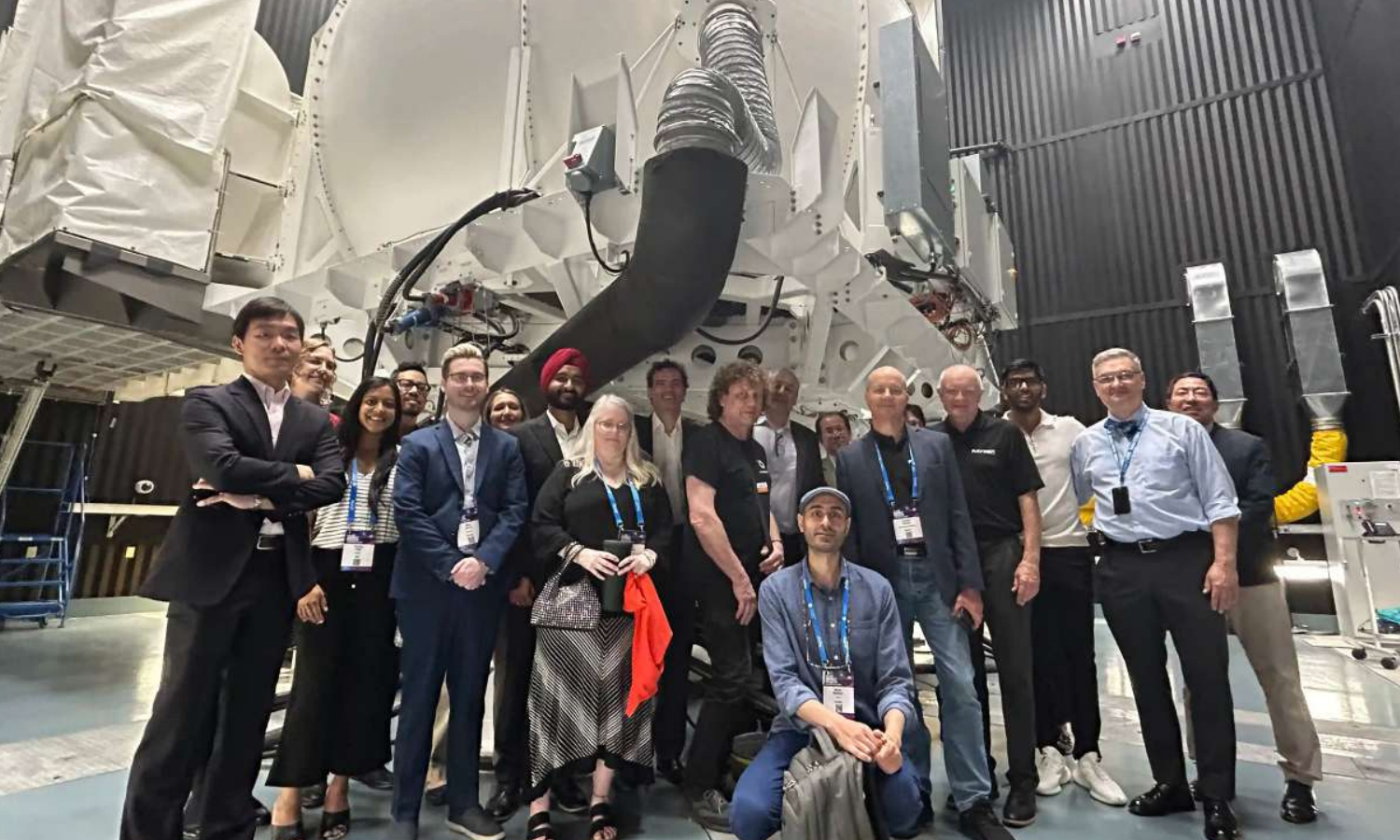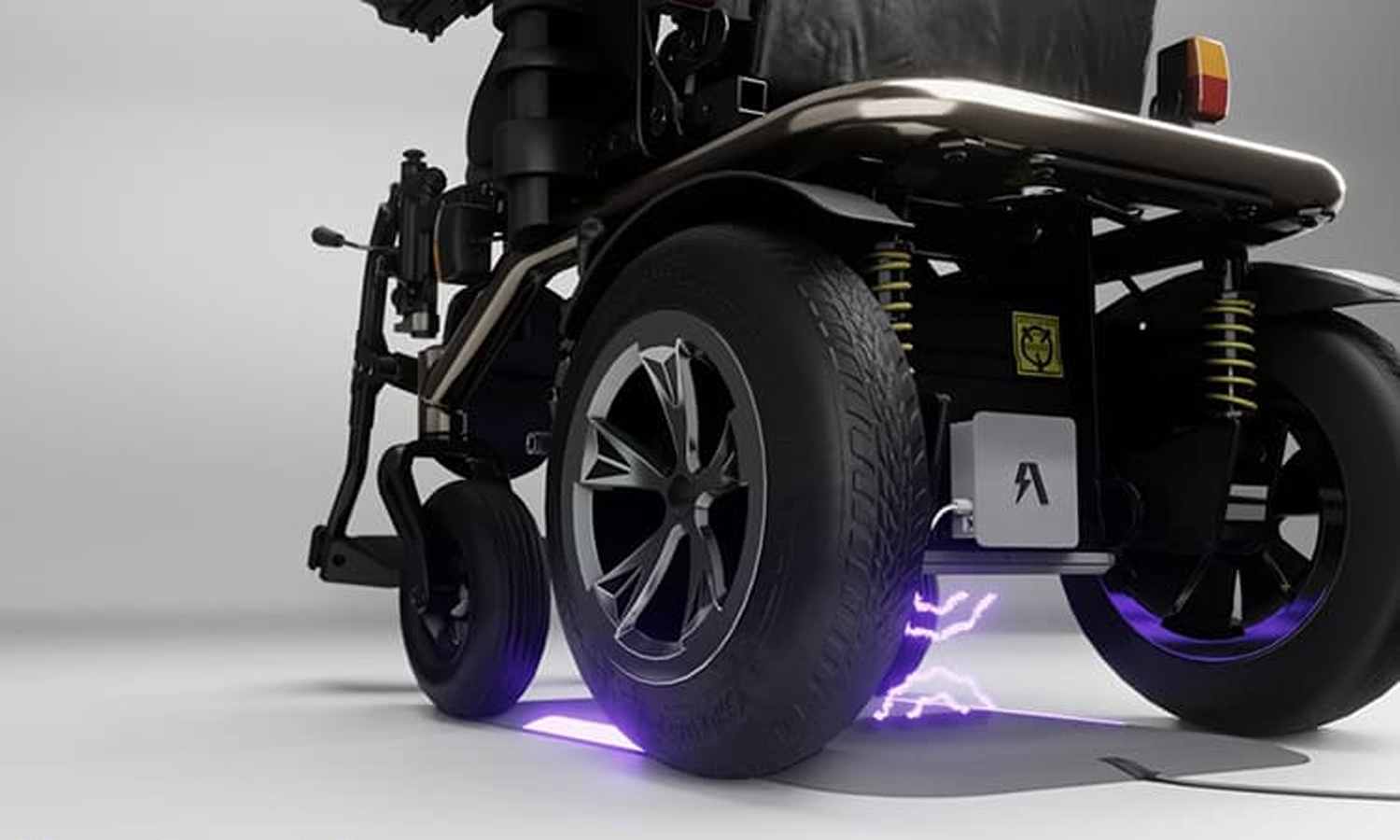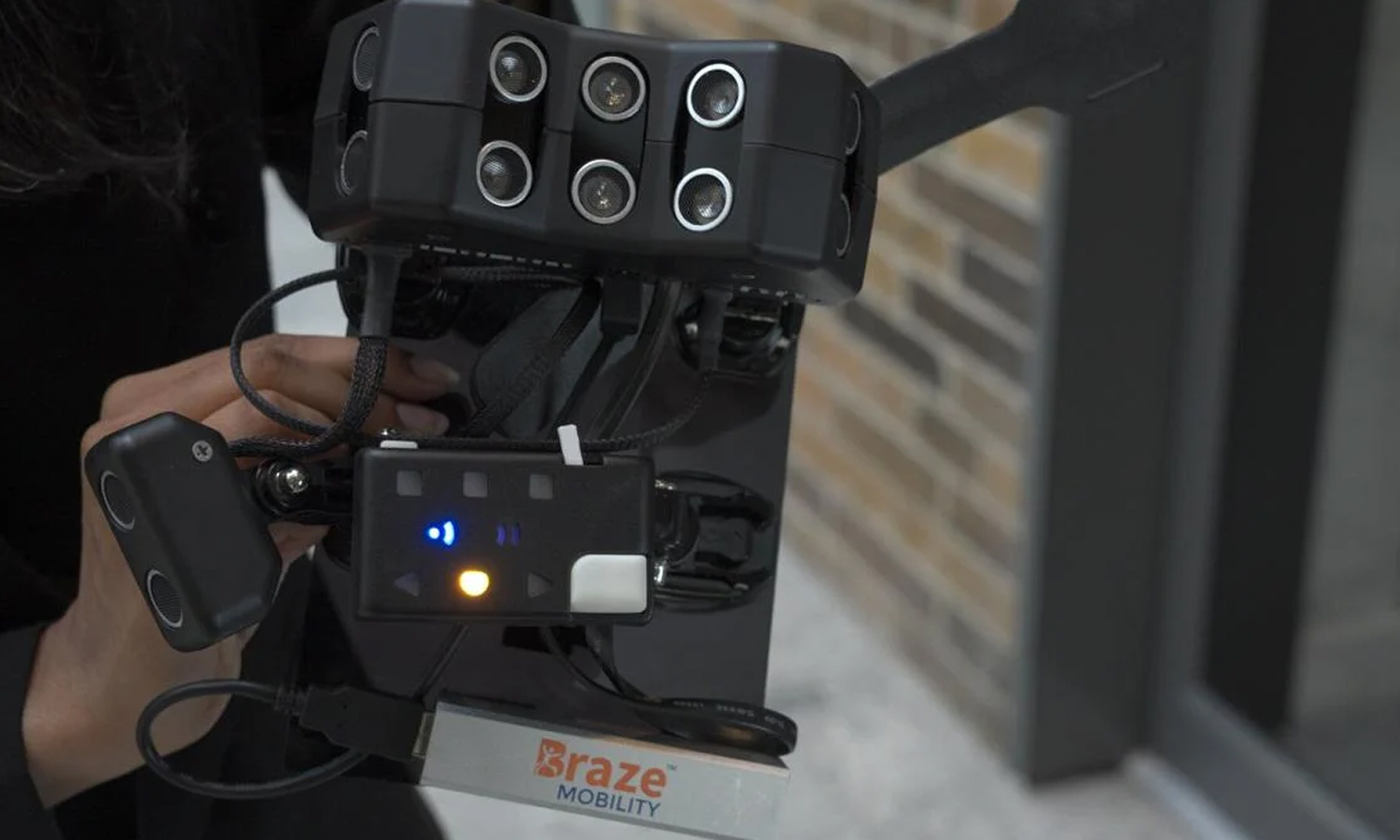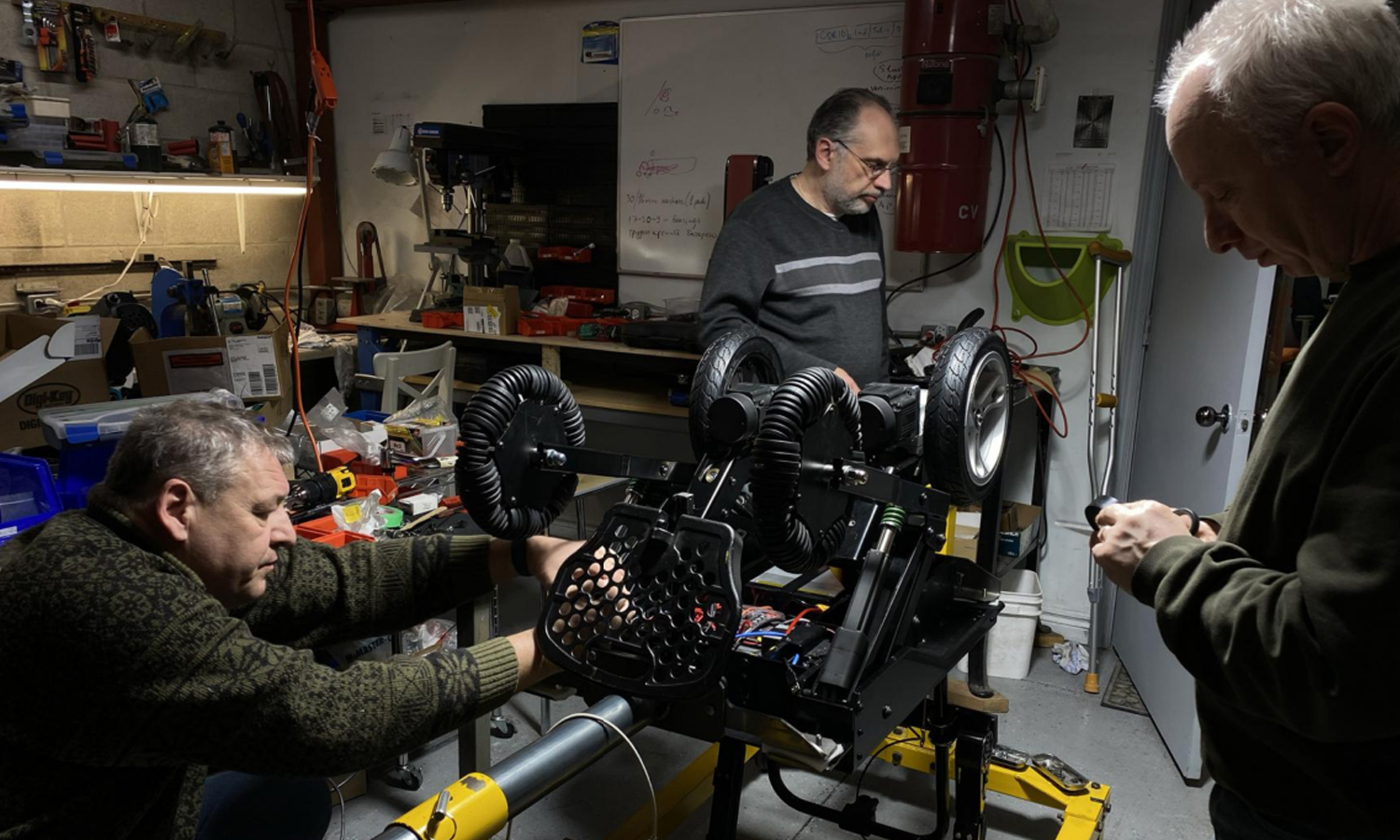What is active mobility?
Active mobility is the autonomy of movement that allows people to independently engage with their surroundings, such as maintaining a regular exercise routine, commuting to a fulfilling job, visiting family and friends, or exploring a new part of the world.
Active mobility combines assistive, accessible and rehabilitative technologies to create a more sustainable and self-reliant experience for people living with disabilities.
Examples of eligible active mobility technologies include:
- AI or robotics that support physical or cognitive independence
- Smart wearables that enhance body awareness, balance, energy use, gait or motion
- Tools that personalize the way someone interacts with their environment
- Voice, gesture or alternative-input systems for hands-free control
- Transportation tech: micro-mobility, inclusive rideshare, adaptive devices
- Sensors or IoT systems that make homes, vehicles or cities more intuitive
- Systems that support healthy aging, workplace inclusion or remote care
- Tech for inclusive gaming, sports or recreation
- And many other innovations that improve how we live, move and communicate
Members of this exclusive cohort will be given access to a suite of benefits, including:
- Funding: Selected ventures will receive up to $100,000 to participate in the two-year cohort.
- Advisory support: Guidance from sector experts and experienced entrepreneurs in Canada and from TMF’s ecosystem.
- Commercialization workshops: Structured curriculum customized to a venture’s sector, stage and needs, focusing on building the business, communication and leadership skills.
- Public Relations (PR) Accelerator: The MaRS PR Accelerator amplifies brand and product awareness by refining messaging and securing media coverage, as well as building visibility throughout the ecosystem.
- Tailored strategic introductions: Meetings and showcases with collaborators, investors, strategic partners and other ecosystem partners.
- A community of collaborators: Participants join a vibrant community of active mobility entrepreneurs and industry professionals.
- Access to physical space: Startup founders will have access to coworking space in the MaRS Centre where they can collaborate, network and continue to advance their innovations.
Members of this exclusive cohort will be given access to a suite of benefits, including:
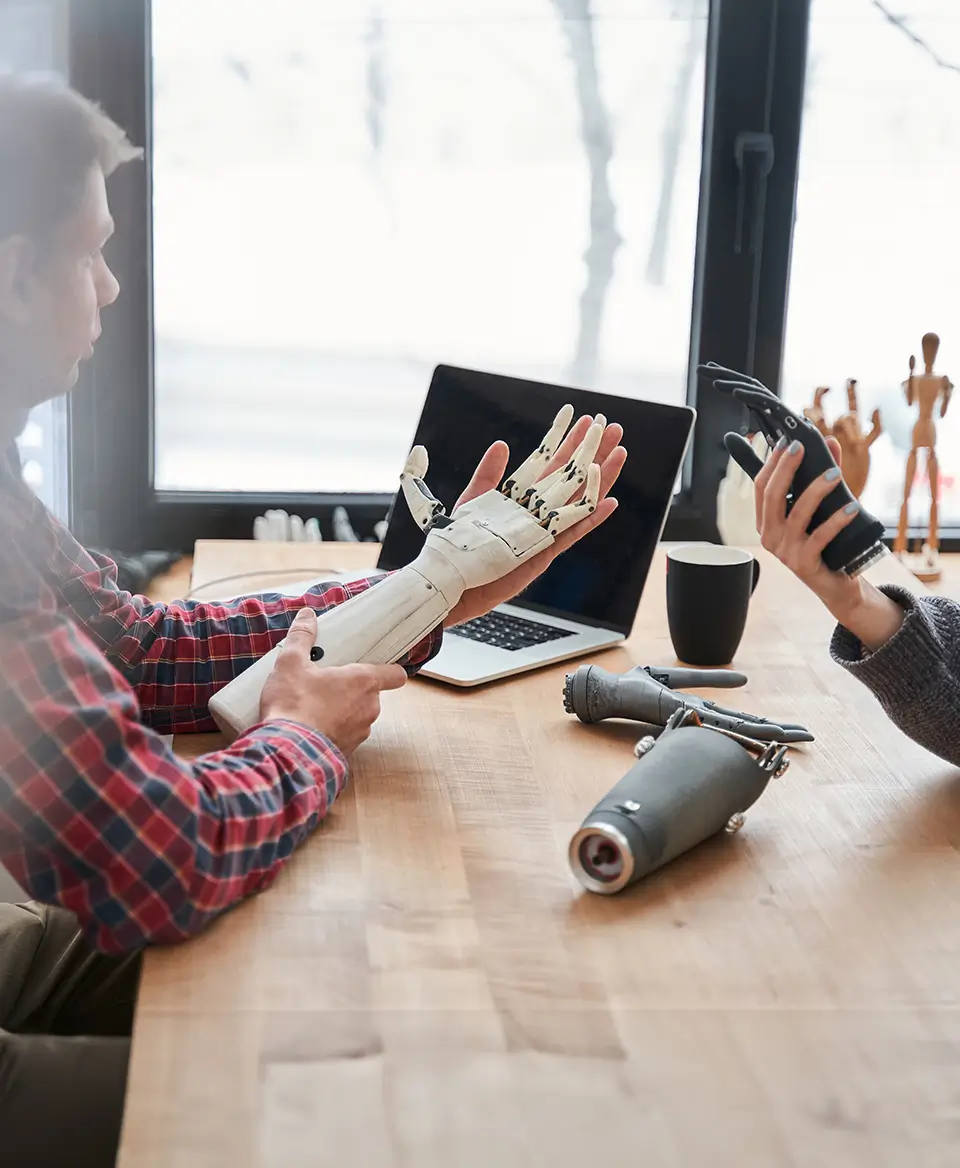
Timeline
Submissions open: May 1, 2025
Informational webinar: May 30, 2025
Submissions close: June 12, 2025 at 11:59 p.m. EST
First-stage screening: June 16–20, 2025
Assessment interviews: July 7–July 18, 2025
Successful applicants announcement: August 1, 2025
Onboarding and cohort kickoff: August 4, 2025
Cohort completion: July 31, 2027
Timeline

Cohort program eligibility
The following criteria will determine if an applicant (also referred to as the Venture or Company) is eligible for the cohort program, and which applicants would be the best fit:
- You are the main technology innovator, individual leading/co-leading or part of a business venture that is registered or in the process of registering as a Canadian corporation by July 18, 2025*.
- For ventures not currently located near the Toronto Hub, collaborator Toronto Global is able to assist with localization resources.
- Your venture has successfully validated its product or service in the market, progressing towards expansion and commercialization.
- You have limited applications or sales consistent with a pre-growth stage.
In addition to applicant eligibility, your technological innovation should:
- Fall under the definition of “active mobility” which, for the purposes of this cohort, is defined as “provides effective and fair participation in society, particularly for persons with disabilities — defined as the enhancement of personal autonomy and active independence, resulting in increased participation in out-of-home work, social activities, education and healthcare access, and lifelong opportunities..”
- Be proprietary and/or patentable.
- Have the potential to scale globally for major impact.
- Directly improve the quality of life for people living with disabilities.
- Fall within TRL6 and TRL9 on the nine-point Technology Readiness Level spectrum as per described:
- TRL6: System/subsystem model or prototype demonstration in a relevant environment.
- TRL7: Prototype ready for demonstration in an appropriate operational environment.
- TRL8: Actual technology completed and qualified through tests and demonstrations.
- TRL9: Actual technology proven through successful deployment in an operational setting.
About the hub
The Mobility Unlimited Hub is for startups that have had initial success developing active mobility products, but face challenges bringing these innovations to market. The hub offers a path to successful commercialization, serving as a bridge from pre-growth stage success to entering the mass market.
Ventures that specialize in active mobility solutions encounter such complex barriers as awareness, stigma, funding support, resistance to change and adoption that make their go-to-market journey even more challenging than that of other startups. Addressing these issues requires a holistic and human-centered approach. The Mobility Unlimited Hub is a launchpad to fast-track active mobility ventures through the product development and proof-of-concept phase.
About the hub

Eugene Cherny, Cheelcare
Founder and CEO
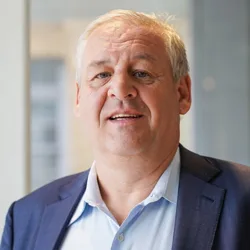
Cheelcare - An Ontario-based startup that designs advanced mobility solutions, including power add-ons and complex rehab wheelchairs, to enhance mobility and independence for individuals with disabilities. Their products feature intuitive controls, customizable settings, and robust specifications for improved quality of life.
Francois Beauchamp-Verdon, AWL-Electricity
Co-founder

AWL-Electricity - A Quebec-based startup designing the world’s first autonomous and wireless charging station for motorized mobility aids and the micro-mobility sector. This solution increases user autonomy and integrates into public and commercial spaces without the need for human intervention.
Manmeet Maggu, Trexo Robotics
Founder and CEO
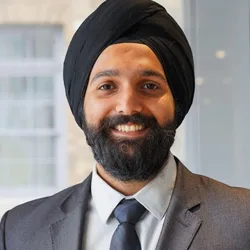
Trexo Robotics - An Ontario-based startup developing wearable robotic exoskeletons for children with mobility disabilities, enabling them to walk independently. Their Robotic Gait Trainer transforms lives by making walking accessible for children across the world.
Pooja Viswanathan, Braze Mobility
CEO
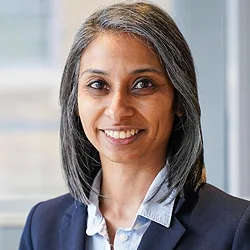
Braze Mobility - An Ontario-based startup offers the world's first blind spot sensors for wheelchairs, providing audio, visual, and vibration alerts to help users avoid obstacles. This solution enhances safety and confidence for wheelchair users by preventing accidents and injuries.
Mehdi Masoumi, Deaf AI
Co-founder
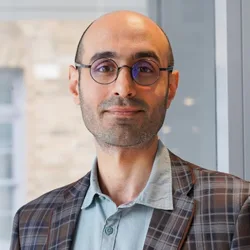
Deaf AI - An Ontario-based startup aims to make society and the digital world more inclusive for Deaf people by providing AI-based real-time voice-to-sign language interpretation. This initiative enhances public and digital accessibility for people with hearing loss.
Tracey McGillivray, Axtion Independence Mobility
Co-founder and CEO
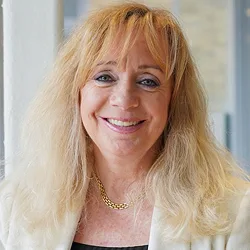
Axtion Independence Mobility - A Nova Scotia-based startup that developed the RAYMEXTM Lift, a portable, personal mobility device designed to assist with everyday activities, fall prevention, and recovery.
Dion Kelly, Possibility Neurotechnologies
Co-founder and CEO
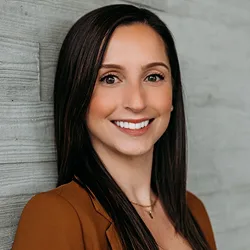
For millions of people with disabilities, the ability to turn on a light, play with a toy, or communicate a need remains out of reach, due to assistive technologies that are too expensive, too complex or built for abilities not everyone has. Possibility Neurotechnologies is working to radically expand access to communication, independence and participation. Its flagship product, Think2Switch, is a mobile app that transforms off-the-shelf EEG headsets into affordable brain-computer interface systems, enabling users to control smart devices and express intent using only their thoughts — no movement, speech or technical expertise required.
Elodie Draperi, GiveVision
CEO
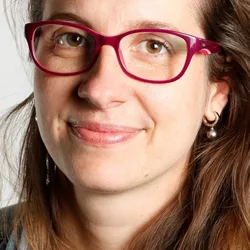
Many visually impaired individuals avoid live events — not due to lack of interest, but because of limited accessibility. GiveVision is bridging this gap with its wearable headset that enhances residual vision using digital zoom and real-time TV feed, allowing users to follow events visually and independently. The company’s mission is to make sports and cultural venues truly inclusive. To date, its device has been successfully deployed at major sports competitions, including the Olympics, Paralympics and Wimbledon.
Emile Maamary, Steadiwear
Co-founder and CMO
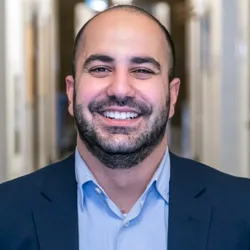
Steadiwear develops smart, battery-free stabilization wearables that reduce hand tremors in individuals with essential tremor and Parkinson’s disease. Its current product, the Steadi-3, uses a patented passive damping system to restore hand control instantly, without motors, batteries or charging. It is clinically validated and designed in collaboration with patients to support daily activities such as eating, drinking and writing. The Toronto-based startup is also developing the Steadi-3+, with the same technology as the Steadi-3, focused on miniaturization, durability and full insurance coverage compatibility.
Gualtiero Guadagni, Bionic Power
CEO
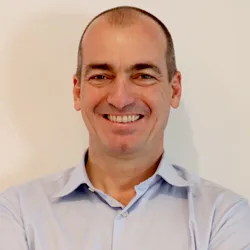
Bionic Power is a medical device manufacturer that develops products for pediatric and adult mobility assistance. Its first product, the Agilik smart orthosis, is designed to help children with crouch gait (a gait disorder that is often associated with cerebral palsy, spina bifida and other knee extension-deficiency disorders), as well as adults with weakened limbs due to hemiparesis (commonly associated with strokes) or polio. Its users report significant improvements in independence and quality of life.
Hamayal Choudry, smartARM Robotics
Founder and CEO
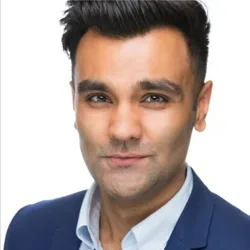
smartARM is building the world’s first AI-vision powered bionic arm. Designed to be intuitive and affordable, its device helps hand amputees gain autonomy in daily life. At the core is smartARMS’s proprietary software, Dexterity OS, which uses AI to determine the best grips for objects that users intend to interact with. The prosthetic has been engineered to work within existing government and insurance reimbursement systems, delivering the device at little to no cost to users.
Lianna Genovese, ImaginAble Solutions
Founder
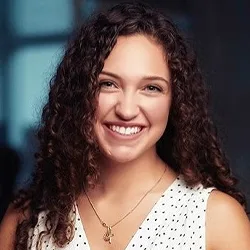
ImaginAble involves people with disabilities at every stage of development. Prior to launch, it tested Guided Hands, a device that supports fine motor movements, with more than 875 people with disabilities through six three-month pilot programs in nursing homes, rehab hospitals and schools. The Hamilton-based startup continues to collaborate with organizations such as Smile Therapy for Kids for in-person feedback with therapists, caregivers and patients. Its device, which helps children and adults with limited hand mobility write, draw and use a touchscreen, is currently used in schools and healthcare settings in more than 25 countries.
Mark Elias, Steadiwear
Co-founder and CEO
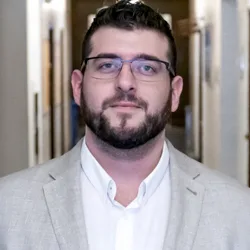
Steadiwear develops smart, battery-free stabilization wearables that reduce hand tremors in individuals with essential tremor and Parkinson’s disease. Its current product, the Steadi-3, uses a patented passive damping system to restore hand control instantly, without motors, batteries or charging. It is clinically validated and designed in collaboration with patients to support daily activities such as eating, drinking and writing. The Toronto-based startup is also developing the Steadi-3+, with the same technology as the Steadi-3, focused on miniaturization, durability and full insurance coverage compatibility.
Michael Peirone, Victoria Hand Project
CEO

Victoria Hand Project (VHP) is a Canadian charitable organization committed to expanding access to prosthetic care and technology for amputees in low-resource and conflict-affected regions. VHP uses innovative 3D-printing technology to locally produce affordable, high-quality prosthetic arms and provides equipment and comprehensive training to in-country partner clinics and rehabilitation teams. This approach empowers local healthcare providers to deliver sustainable care, while keeping costs low and culturally appropriate. Since its inception, VHP has established partnerships in 11 countries and continues to grow its global impact, helping restore independence and dignity to hundreds of amputees around the world.
Nicolàs Jiménez, NeuroGroup XR (Kinesix)
CEO and Co-founder
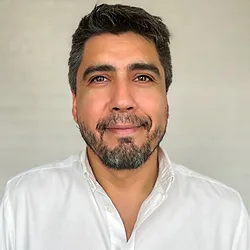
Neuro Group XR is a Canadian healthtech company that is revolutionizing neurorehabilitation through Kinesix XR, an immersive virtual and augmented reality platform that delivers personalized, AI-driven therapy for patients recovering from neurological and musculoskeletal conditions-both in clinical settings and at home. Its platform combines virtual reality with augmented reality to create safe 3D spaces. The Kinesix XR system is being used to help people who have experienced accidents or have illnesses that affect their mobility.
Sarah Lambert, Ora Medical
Founder
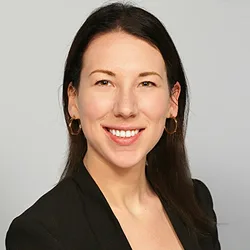
Montreal-based medtech company, Ora Medical, is on a mission to make advanced physical rehabilitation accessible to all. Its flagship product, Levity, is a hands-free gait trainer featuring a patented body weight support system designed for children with mobility challenges. Levity bridges the gap between costly clinic-based systems and basic walkers by offering a portable, easy-to-use solution that promotes motor activity and builds leg muscle strength to support the development of independent walking. Registered in 25 countries, Levity is helping children around the world gain mobility and confidence.
Siamak Arzanpour, Human in Motion (HMR)
Co-CEO
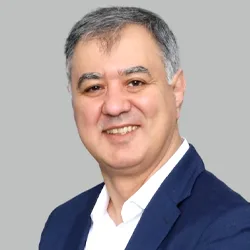
This B.C.-based company’s next-generation wearable lower-limb exoskeleton, is a self-balancing robot that supports all the complex movements that able-bodied people can do. Its XoMotion-R product aims to revolutionize the standard of care of physical rehabilitation, and increase the chances for those who are affected by such motion disabilities as spinal cord injury, stroke, traumatic brain injury and multiple sclerosis to regain mobility. HMR’s next product is a personal-use exoskeleton, XoMotion-P, which will offer a unique solution for helping people who use wheelchairs walk again with full mobility and independence.


Contact
If you would like to learn more, or would like to get involved please contact us at
mobilityunlimitedhub@marsdd.com.














